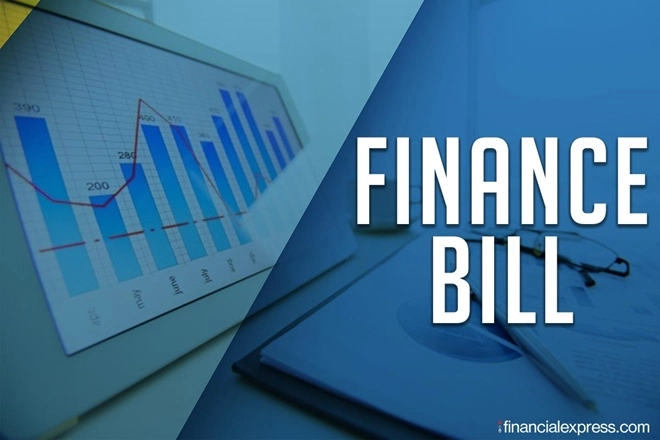The Finance Bill 2023 demands our attention beyond the ongoing housing fund debate since there is a lesser-known realm within it.
While the housing fund captures headlines, other provisions within this bill carry significant consequences. From taxing insurance compensation to increasing levies on mobile and internet data, the Finance Bill 2023 presents challenges across various sectors. It is crucial to explore these matters further to understand their wide-ranging effects.

From the taxation of insurance compensation to increased taxes on mobile and internet data, the Finance Bill 2023 poses various challenges across different sectors of the economy. It is imperative that we delve deeper into these matters to grasp their far-reaching effects.
1. Taxation of Insurance Compensation:
One notable provision in the Finance Bill 2023 is the proposal to charge a 16% Value Added Tax (VAT) on insurance compensation. Insurance compensation is designed to restore individuals to their pre-loss or pre-damage state and is not intended as a profit-making exercise. Taxing such compensation seems counterintuitive, as it adds an additional burden to those already facing difficult circumstances due to injury or loss.
2. Implications of Increased Taxes on Mobile and Internet Data:
In a country that prides itself on digital transformation and the encouragement of online spaces, the proposal to impose a 20% excise duty on mobile and internet data raises concerns. With the government promoting the digitization of services, such as passport applications and driver’s license renewals, this tax could exacerbate the existing digital divide. Furthermore, it may hinder access to essential services and information, particularly for those who rely on mobile phones for agricultural extension services.
Read also: National Government’s Wage Bill Exceeds Budget by Ksh16.55 Billion
3. Impact on Mobile Phone Affordability:
The Finance Bill’s intention to increase taxes on imported phones may inadvertently lead to unaffordability for many individuals. While the government aims to promote local production, the reality is that Kenya heavily relies on imported gadgets. This tax hike could hinder access to essential communication tools, especially at a time when farmers are expected to receive extension services via their phones.

4. Mobile Money Transfer Tax and VAT on Fuel Products:
The bill proposes a 12% tax on mobile money transfers, which could have adverse effects on individuals who heavily rely on this digital payment system. Additionally, increasing the VAT on fuel products from 8% to 16% would have a ripple effect on the overall cost of goods and services, impacting consumers and businesses alike.
5. Amendments to the Income Tax Act:
Amendments to the Income Tax Act with respect to turnover tax have sparked controversy. Initially targeting businesses with a turnover between 1 million and 50 million shillings, the amendment now focuses on those making between half a million and 15 million shillings annually. This wider tax net may disproportionately burden smaller businesses, hindering the growth of the vital SME sector, which is seen as a key driver of economic recovery post-pandemic.
6. Implications for Farmers and Content Creators:
Farmers face the potential increase in the price of fertilizers if the bill passes, as the proposal suggests reclassifying fertilizers from zero-rated to exempt VAT supplies. This could lead to manufacturers passing on the additional cost to farmers, impacting their livelihoods. Furthermore, content creators are now subject to a 15% tax on their earnings, which may discourage creativity and hinder the growth of the digital content industry.
Read Also: High Court Stops Implementation of Excise Duty Increase
7. Challenges in Dispute Resolution with Tax Collectors:
The bill proposes a requirement for appellants challenging the Kenya Revenue Agency (KRA) before a tribunal to pay 20% of the disputed amount upfront. While this amount is refundable if the challenger wins the suit, it raises concerns about access to justice and the undue financial burden on businesses. This proposal contradicts a court ruling by Deputy Chief Justice Philomena
“it is unreasonable, as it impedes the appellant’s access to justice by imposing a condition precedent before a matter can be heard contrary to Articles 48, 50 and 159 of the Constitution of Kenya,” Justice Philomena said

From the taxation of insurance compensation to increased taxes on mobile data, fuel products, and turnover tax, these proposals have the potential to affect various sectors of the economy. Every Citizen should pay close attention to the contents of the bill, as they may have significant consequences on their lives and livelihoods.
Subscribe to Switch TV
















